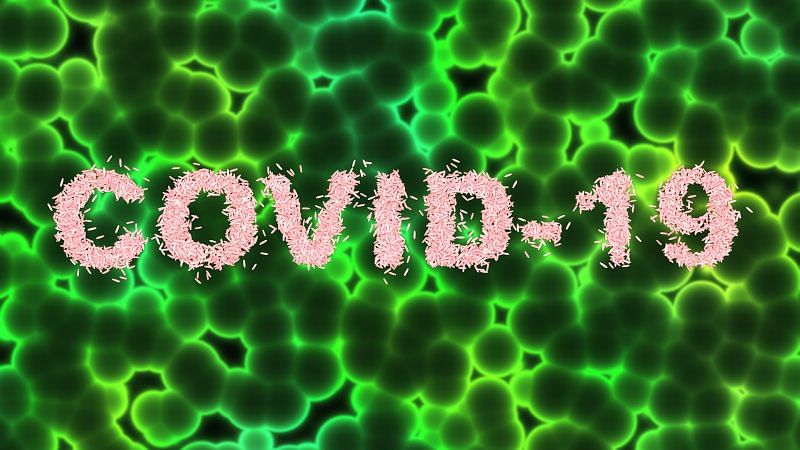Understanding Happiness and Development at a professional plane demands deep thinking. These notions, alongside the related expressions, are gaining momentum in the times of COVID-19. This time the world is in need of an improved, deepened, and cultured style of happiness, welfare, and development that contains the trio in a cooperative and collective manner. Collective wellbeing and collective choices (Sen, 1983) are embedded in the measurements, strategies, and thoughts of happiness and development. The social, human, and other linked aspects must be acknowledged in the present-day globalized world. Accordingly, dual attributes of collective wellbeing and collective choices may contribute to a great extent in facing the COVID-19 impact. In addition, they may improve the future of the global world generally and international relations particularly. There is no denying the fact that these dual attributes are facilitators to economic development at both the national and international levels.
The economic development of a nation is an unbroken chain, taking account of diverse changes such as economic, social, biological, psychosomatic, and emotional that take place in its citizens. Economic development is no development at all if it is exclusive of human development. In view of that, for every citizen, the graph of development should be a distinctive progression. In COVID-19 context, it is very important to revisit the explanation of United Nations Development Programme (UNDP) on human development as “the process of enlarging people’s choices to lead a long and healthy life, to be educated, to enjoy a decent standard of living as well as political freedom, other guaranteed human rights and various ingredients of self-respect” (UNDP, 1997). The purpose of Development, especially under crisis, should be to improve the human condition, enlarging people’s choices.
The happiness, either at an individual level or country level is a model or replica of affinity or empathy. It is positively related to factors such as passion, thankfulness, optimism, love (Park & Peterson, 2006). Furthermore, leisure increases happiness which in turn improves a sense of worth, ingenuousness, and material welfare (Holder, 2009). Under any catastrophe or shock, it is necessary for an economy to have decent leisure and be optimistic. In pandemic cases, quarantines, which are no less than leisure, are required and properly equipped or infrastructured. It was a Persian scholar of medicine, Ibn Sina (980-1037) who in order to prevent the spread of diseases by microorganisms came up with the concept of isolation for 40 days. He labelled it as al-Arbainiya (the forty). COVID-19 conditions highly demand countries on one hand to adopt Ibn Sina’s method of quarantine and on another hand acknowledge and adopt the UNDP human development model. Also, present day conditions stress us to understand the relationship between happiness and development properly.
Social distancing is to be maintained in this pandemic state of affairs but that does not mean there is social capital evasion which takes care of social connections between people empowering productive impacts (Szreter, 2000). Under the COVID-19 phases, countries can still maintain their social capital through social networking sites. But, their advantage has to be taken judiciously. In this crisis, to be happy we must develop the ability to worship, respect, and love. Also, proper balance has to be made between our divine time and family time, since it is an opportunity for us to bring harmony between the two. To spend quality time with family is no less than worship. Moreover, we must have the capacity to generate productive social capital and long-lasting interactive networks. Besides, there is a need for developing software that improves health and productive capacity in the economy.
Let’s develop a sympathetic outlook on happiness and development in the COVID-19 world and for that matter, the theory of happiness and development should be looked from both psychological and demonstrative side. All think tanks in the world must work positively upon improving understanding of issues and challenges of COVID-19 in light of happiness and development nexus. They should at the same time talk over and resolve prevailing global issues affecting happiness and development of developing economies in particular and the world in general. We need to identify the main determinants (contributing factors) of happiness and development in COVID-19 times at both micro (individual) and macro (country) level. By evaluating and modelling these determinants, we can evaluate the outcomes of COVID-19 on happiness and development of people, and the economy.
Binish Qadri is ICSSR Doctoral Fellow pursuing Ph.D. in Economics at Department of Economics, Central University of Kashmir; Quarterly Franklin Member, London Journals Press






